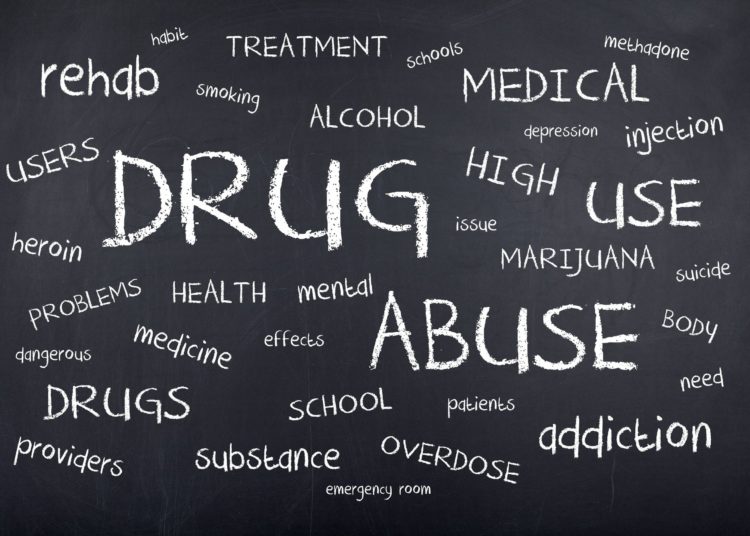With a prevalence rate of about 14.3 million Nigerians between 15 and 64 years old using drugs, the nation’s drug epidemic now demands a public health-centered solution. According to available statistics, three million people in the country live with drug use disorders, and more than 40 percent of high-risk drug users seek treatment but cannot access it.
This crisis and the gaps in Nigeria’s drug control response were the focus of a recent media sensitisation workshop themed: “Understanding Public Health Approach to Drug Control: The Need for a Supportive Legal Framework.” Organised by the Federal Ministry of Health and Social Welfare in collaboration with YouthRISE Nigeria, in Abuja. The event underscored the necessity of a shift from punishment-focused strategies to a compassionate, evidence-based approach grounded in public health principles.
Nigeria’s current drug control policies lean heavily toward reducing drug supply, often criminalising individuals with substance use disorders rather than addressing the health implications of drug use. The director of public health at the Federal Ministry of Health and Social Welfare, Dr. Chukwuma Anyaike, noted that this punitive approach has not only obstructed access to prevention and treatment services but also fueled public health crises related to HIV, hepatitis, and tuberculosis among people who inject drugs.
Citing the World Health Organisation’s recommendations, Dr. Anyaike advocated for a holistic public health .


















